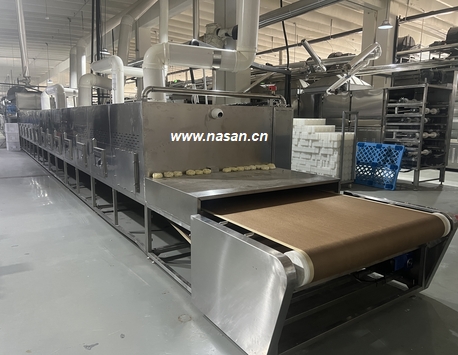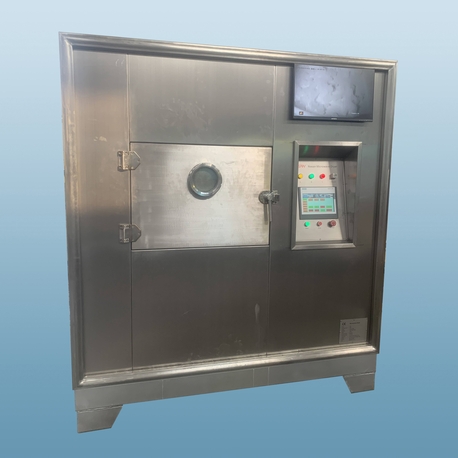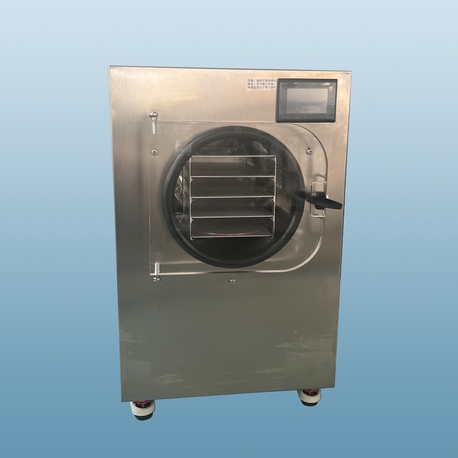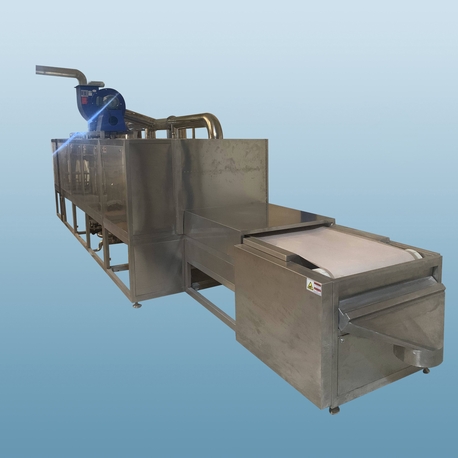When it comes to food preservation and production in a business setting, a commercial dehydrator is an indispensable tool. Whether you're running a restaurant, a food processing facility, or a farm, investing in the right equipment can make all the difference in efficiency, quality, and profitability. In this comprehensive guide, we'll delve into everything you need to know about commercial food dehydrator systems, including commercial dehydrator price factors, leading commercial dehydrator manufacturers, and how to choose the best commercial dehydrator for your needs. We'll also cover common problems and solutions to help you avoid pitfalls. By the end, you'll be equipped with the knowledge to make an informed decision.
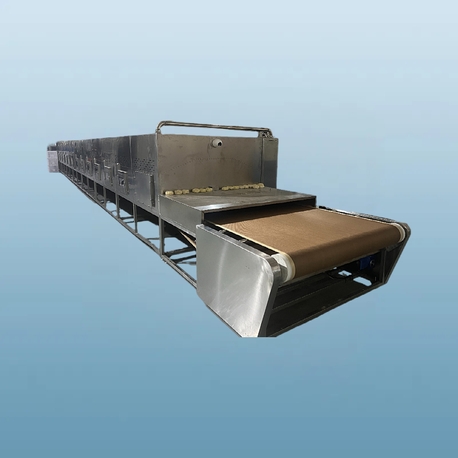
What is a Commercial Dehydrator?
A commercial dehydrator is a large-scale device designed to remove moisture from food items through controlled heating and airflow. Unlike residential models, these units are built for heavy-duty use, capable of handling large volumes of products such as fruits, vegetables, meats, and herbs. The primary goal is to extend shelf life while preserving nutrients, flavor, and texture. This makes commercial food dehydrator systems essential for businesses in sectors like hospitality, agriculture, and health food production. They come in various types, including stackable tray designs, cabinet models, and conveyor belt systems, each suited to different production scales. Understanding the basics of how a commercial dehydrator works—typically using fans and heaters to circulate warm air—is key to appreciating its role in modern food processing. With advancements in technology, many models now feature digital controls for precise temperature management, ensuring consistent results batch after batch.
Types of Commercial Food Dehydrators
When selecting a commercial food dehydrator, it's crucial to consider the different types available. Each type offers unique benefits depending on your production needs. Stackable tray dehydrators are popular for their flexibility; they allow you to add or remove trays based on load size, making them ideal for small to medium businesses. Cabinet dehydrators, on the other hand, are enclosed units that provide even airflow and are better suited for larger operations requiring high capacity. Another variant is the conveyor belt dehydrator, which automates the process for continuous production—perfect for industrial settings. The best commercial dehydrator for you will depend on factors like volume, space constraints, and the types of food you're dehydrating. For instance, a commercial food dehydrator designed for herbs might have lower temperature settings to preserve essential oils, while one for meats may include higher heat options for safety. When evaluating commercial dehydrator price, remember that more advanced types like conveyor systems tend to be costlier but offer greater efficiency. It's also worth noting that some commercial dehydrator manufacturers specialize in custom solutions, so you can tailor the equipment to your specific needs.
Factors Influencing Commercial Dehydrator Price
The commercial dehydrator price can vary widely, ranging from a few hundred dollars for basic models to tens of thousands for industrial-grade units. Several factors affect this cost. First, capacity plays a significant role; larger dehydrators with more trays or higher throughput command higher prices. For example, a small commercial food dehydrator with 10 trays might cost around $1,000, while a large cabinet model could exceed $10,000. Second, features such as digital controls, programmable settings, and energy efficiency impact the commercial dehydrator price. Units with stainless steel construction, which is more durable and easier to clean, also tend to be pricier. Additionally, brand reputation from renowned commercial dehydrator manufacturers can add to the cost but often comes with better warranties and support. When budgeting, consider long-term operational costs, like electricity consumption, which can affect the overall commercial dehydrator price. It's advisable to compare models and read reviews to find the best commercial dehydrator that offers value for money. Don't forget to factor in shipping and installation, as these can add to the initial investment. Ultimately, understanding these elements will help you make a cost-effective choice without compromising on quality.
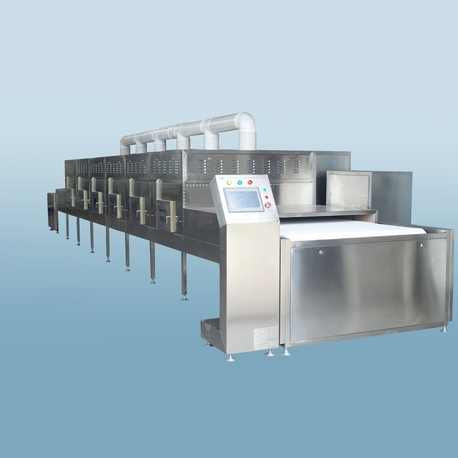
Top Commercial Dehydrator Manufacturers
Choosing a reliable brand is crucial when investing in a commercial dehydrator. Several commercial dehydrator manufacturers have built strong reputations for quality and innovation. Companies like Excalibur, Nesco, and Harvest Saver are well-known in the industry. Excalibur, for instance, offers a range of commercial food dehydrator models with patented horizontal airflow systems, ensuring even drying. Their units are often cited as the best commercial dehydrator options for small to medium businesses due to their durability and user-friendly features. Another key player is Nesco, which focuses on energy-efficient designs, helping to keep the commercial dehydrator price competitive. For larger-scale needs, manufacturers like LCI and Avantco provide industrial-grade dehydrators used in food processing plants. When researching commercial dehydrator manufacturers, look for those with good customer support, warranty terms, and compliance with food safety standards. It's also wise to check if they offer customizations, as this can be a sign of a manufacturer's flexibility. Reading testimonials and case studies can give you insights into real-world performance. By selecting from top commercial dehydrator manufacturers, you increase the likelihood of getting a machine that meets your expectations and lasts for years.
How to Choose the Best Commercial Dehydrator
Selecting the best commercial dehydrator involves balancing several factors to match your business requirements. Start by assessing your production volume; if you're dehydrating large batches daily, a high-capacity model from reputable commercial dehydrator manufacturers is essential. Next, consider the types of food you'll process—different items may require specific temperature ranges or airflow patterns. For example, a commercial food dehydrator with adjustable temperature settings (typically from 95°F to 165°F) is versatile for various products. Energy efficiency is another critical aspect, as it affects long-term operating costs and environmental impact. Look for units with insulation and efficient fans to minimize electricity use. The commercial dehydrator price should align with your budget, but don't sacrifice quality for a lower cost; investing in a durable machine can save money on repairs down the line. Additionally, ease of cleaning and maintenance is vital for hygiene—stainless steel interiors are preferable. Reading reviews and seeking recommendations can help identify the best commercial dehydrator. Many businesses find that models with digital controls and timers offer better consistency. Finally, verify warranty and support options from commercial dehydrator manufacturers to ensure you have assistance if issues arise. By taking a systematic approach, you can find a dehydrator that enhances your operations.
Common Problems with Commercial Dehydrators and Solutions
Even the best commercial dehydrator can encounter issues, but being aware of common problems can help you address them promptly. One frequent issue is uneven drying, where some trays dry faster than others. This often stems from poor airflow distribution—a problem in some lower-end commercial food dehydrator units. Solution: Ensure trays are not overloaded and consider models with horizontal airflow, like those from top commercial dehydrator manufacturers. Another common problem is overheating, which can ruin food quality. This might be due to faulty thermostats or blocked vents. Regular maintenance, such as cleaning filters and checking calibration, can prevent this. Noise is also a concern, especially in busy environments; opting for dehydrators with quiet fans can mitigate this. When it comes to commercial dehydrator price, some businesses try to cut corners by buying cheap models, only to face higher repair costs. Instead, invest in a reliable unit from reputable commercial dehydrator manufacturers to avoid frequent breakdowns. Electrical issues, like tripped circuits, can occur if the dehydrator draws too much power—always verify your facility's electrical capacity before purchase. Lastly, wear and tear over time is inevitable; scheduling routine inspections and replacing parts like fans or heating elements can extend the life of your commercial dehydrator. By proactively addressing these problems, you can maintain efficiency and reduce downtime.
FAQs About Commercial Dehydrators
In this section, we answer some frequently asked questions to clarify doubts about commercial dehydrator usage.
Q: What is the average lifespan of a commercial dehydrator?
A: With proper maintenance, a high-quality commercial food dehydrator can last 5-10 years. Factors like usage frequency and build quality from commercial dehydrator manufacturers play a role.
Q: How does commercial dehydrator price vary by capacity?
A: Generally, smaller units (under 10 trays) start around $500-$1,000, while large industrial models can cost $10,000 or more. The commercial dehydrator price increases with capacity and features.
Q: Can I use a commercial dehydrator for all types of food?
A: Most commercial dehydrator models are versatile, but check temperature ranges. For instance, delicate herbs need lower heat than meats. The best commercial dehydrator will offer adjustable settings.
Q: What should I look for in commercial dehydrator manufacturers?
A: Prioritize manufacturers with good warranties, customer reviews, and compliance with safety standards. This ensures you get a reliable commercial food dehydrator.
Q: How do I clean a commercial dehydrator?
A: Always unplug the unit and use food-safe cleaners. Stainless steel trays are easier to maintain. Regular cleaning prevents mold and ensures hygiene.
These FAQs highlight key considerations, from commercial dehydrator price to maintenance, helping you make informed decisions.
Investing in a commercial dehydrator is a strategic move for any food-related business, offering benefits like extended shelf life and enhanced product quality. Throughout this guide, we've explored aspects such as commercial food dehydrator types, commercial dehydrator price factors, leading commercial dehydrator manufacturers, and how to select the best commercial dehydrator. We've also covered common problems and solutions to ensure smooth operation. Remember, the key is to assess your specific needs, budget wisely, and choose a reputable brand. By doing so, you'll maximize ROI and enjoy the efficiencies that a top-tier commercial dehydrator brings. Whether you're just starting or upgrading your equipment, this knowledge will help you navigate the market confidently. If you have more questions, consult with experts or refer to reviews for the latest insights. Happy dehydrating!



